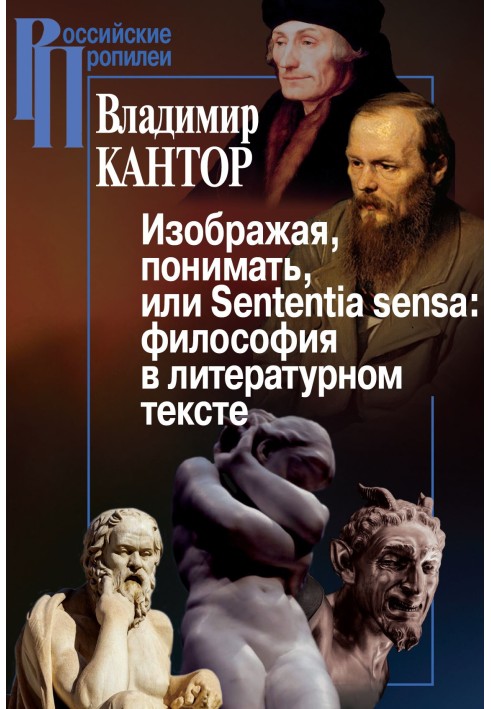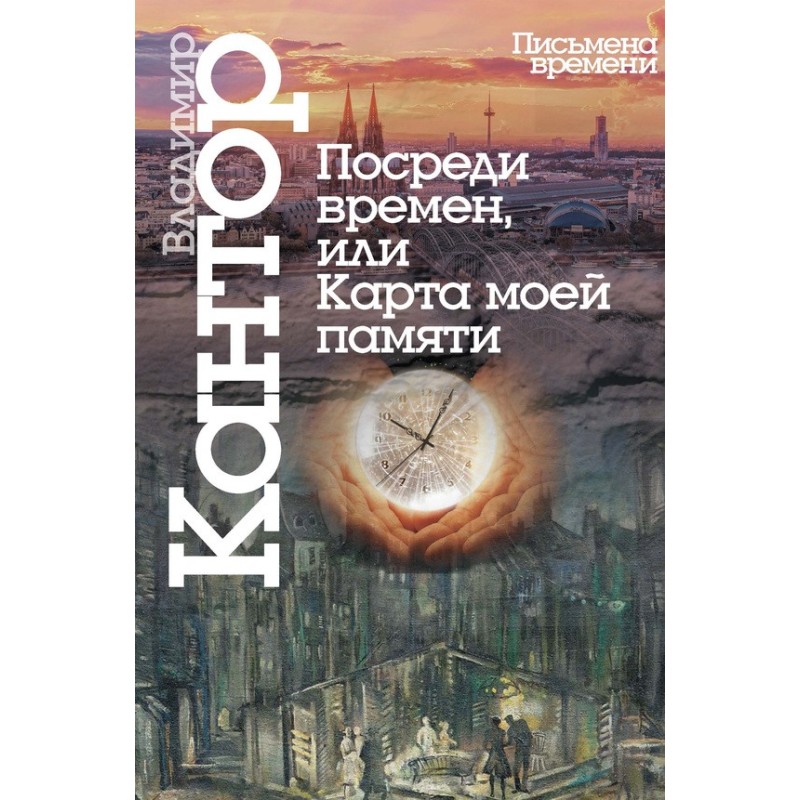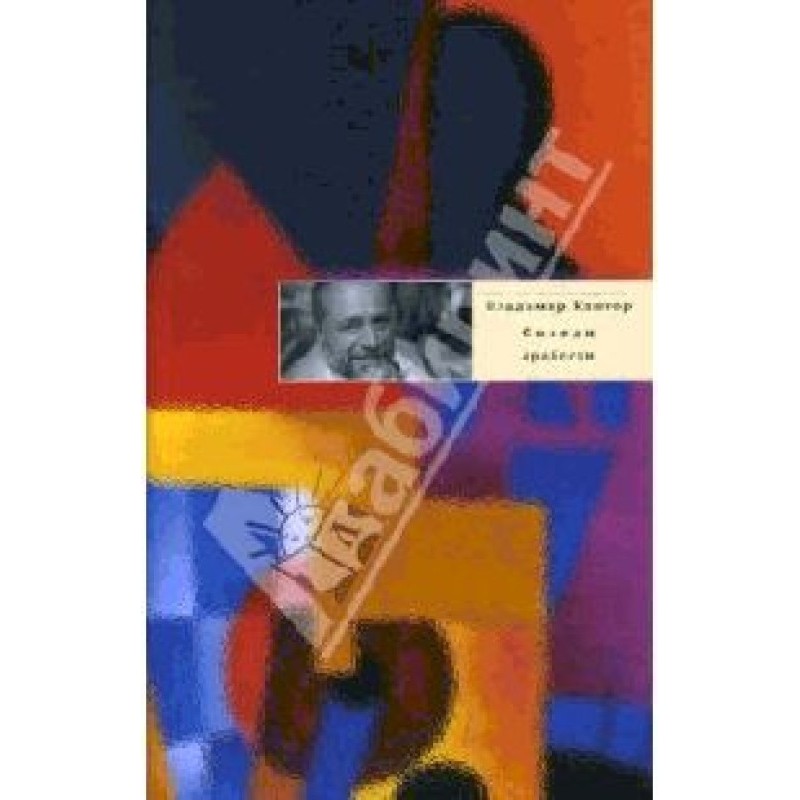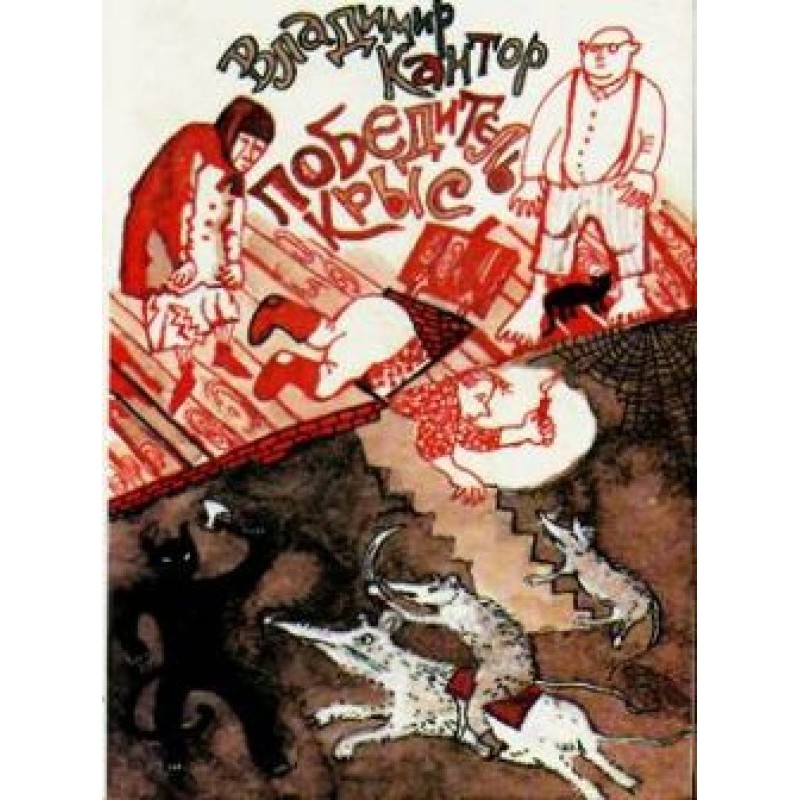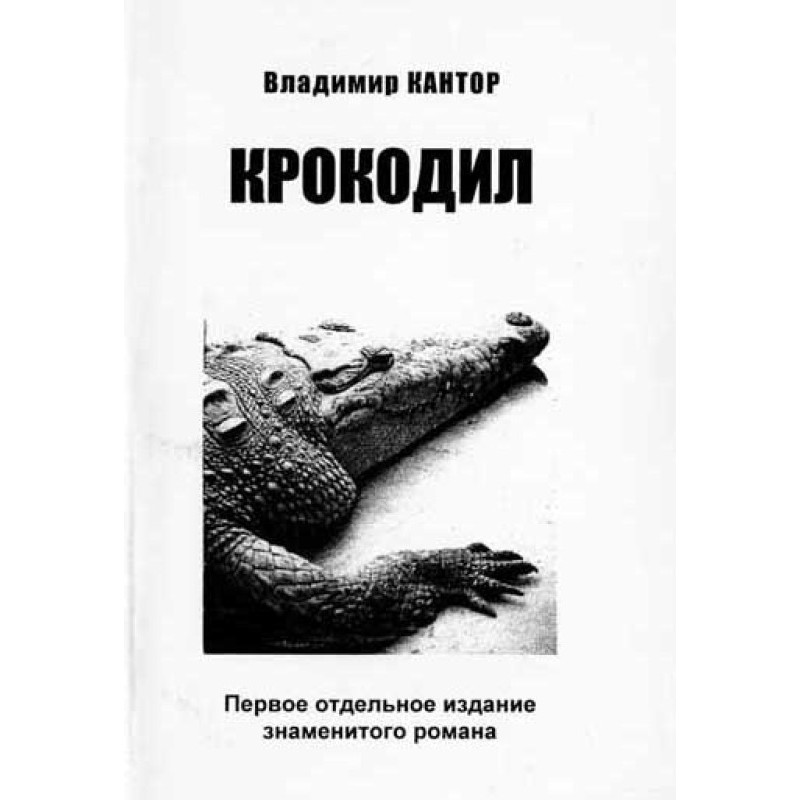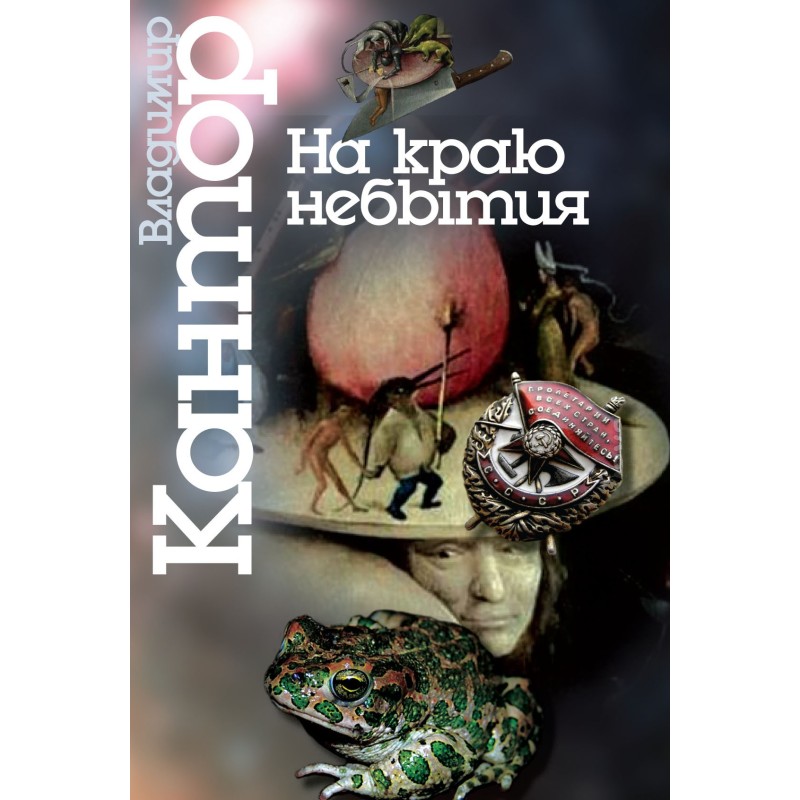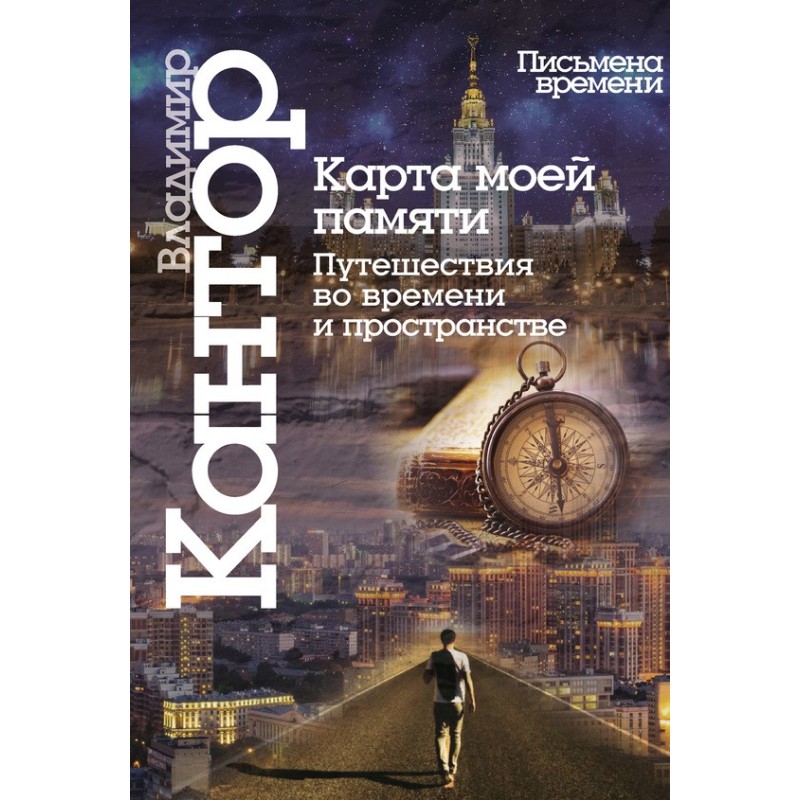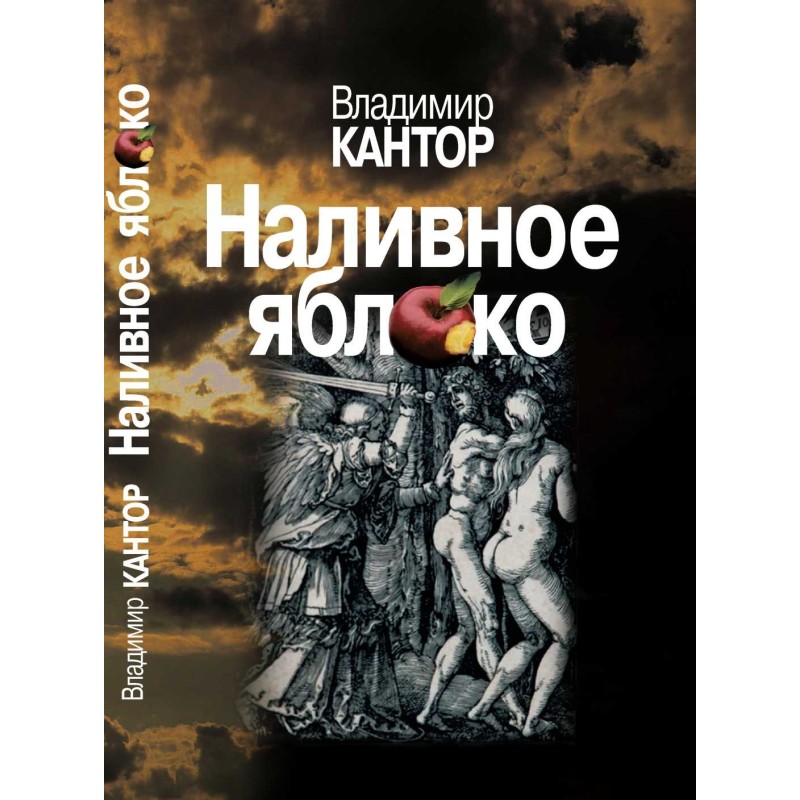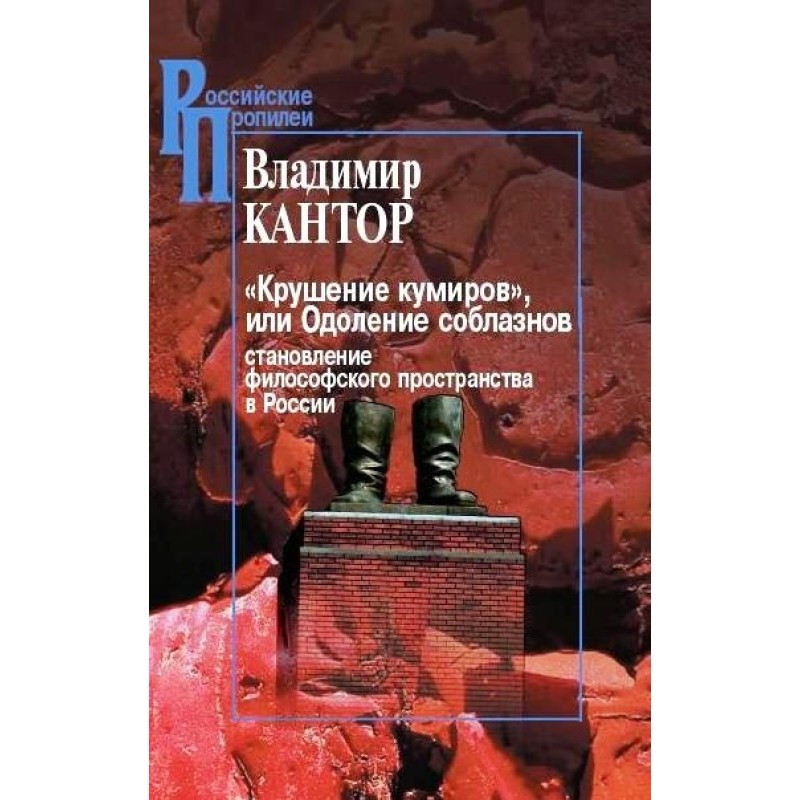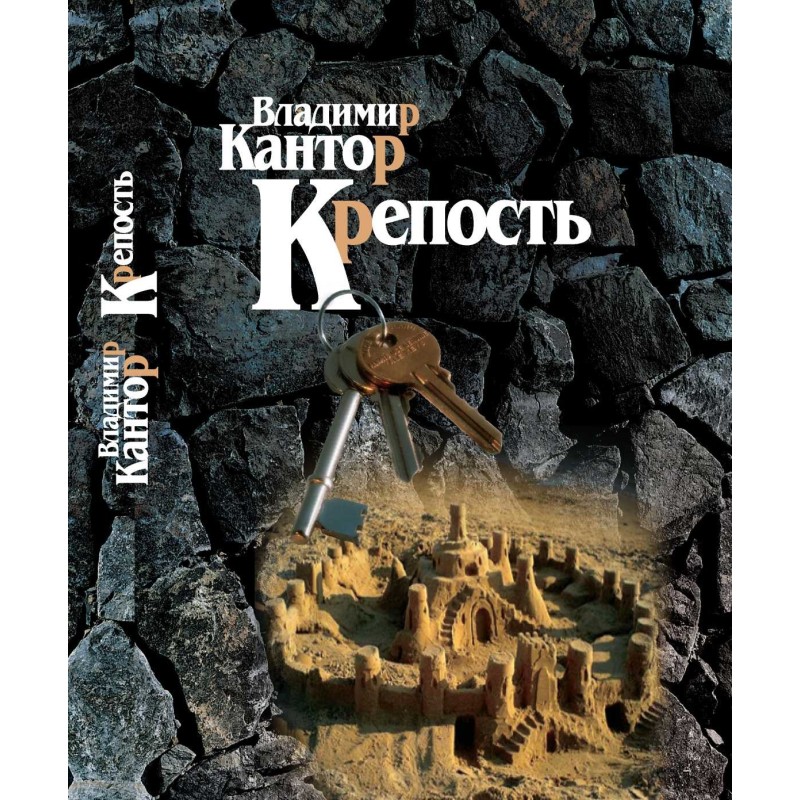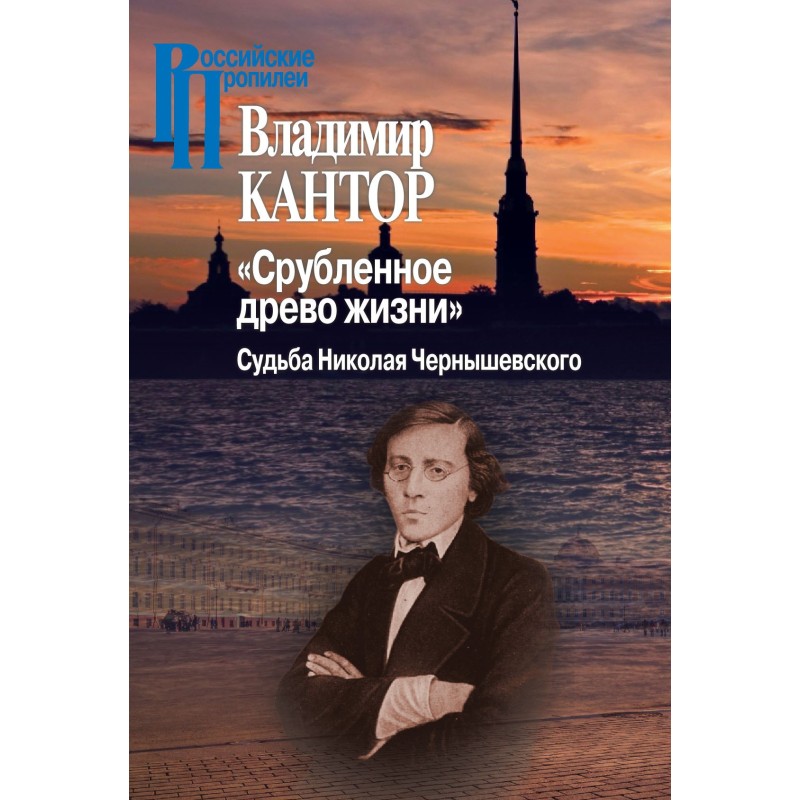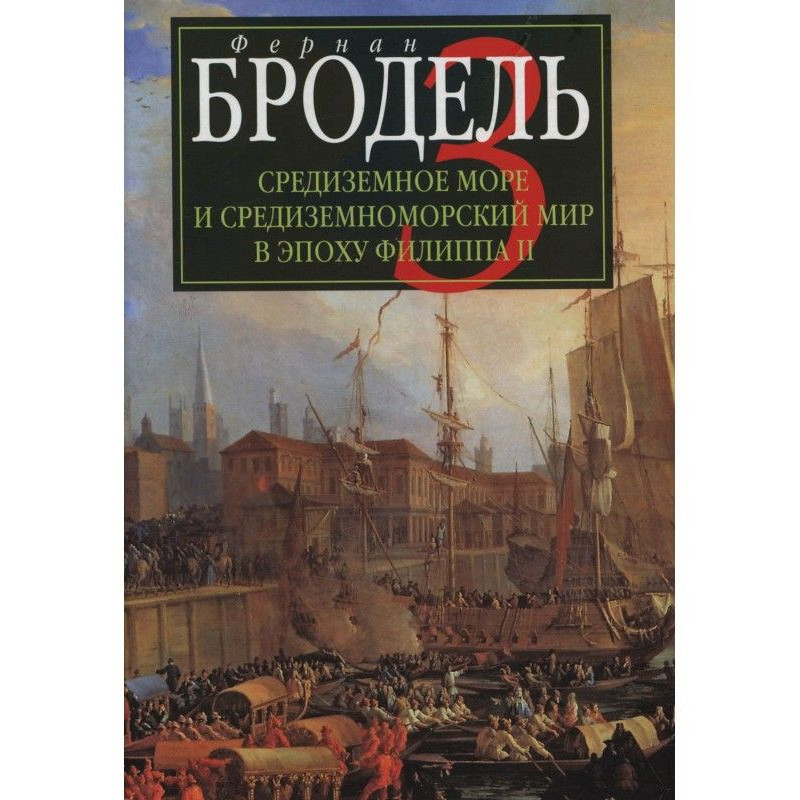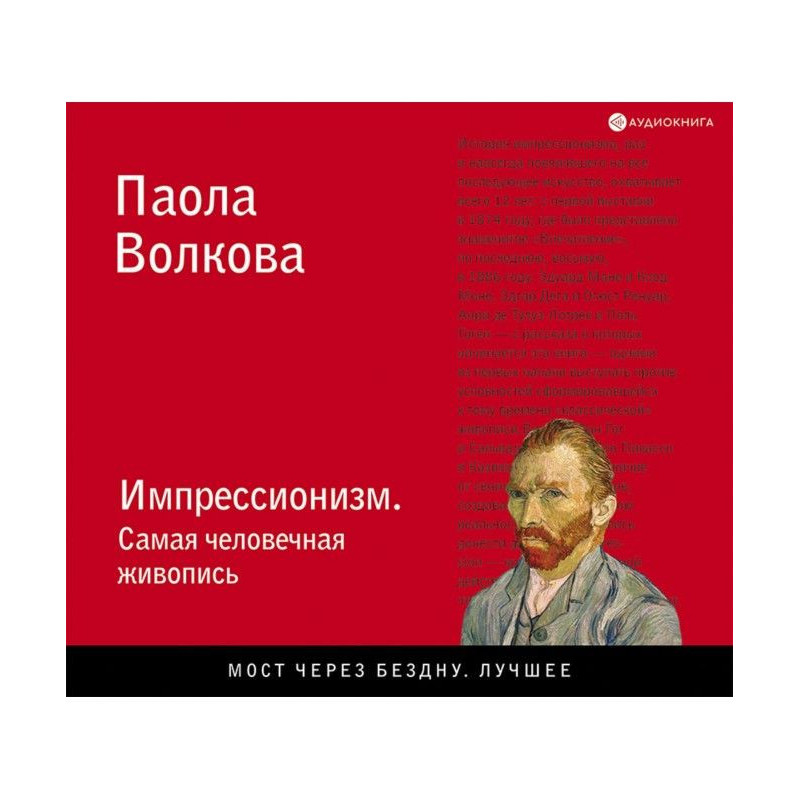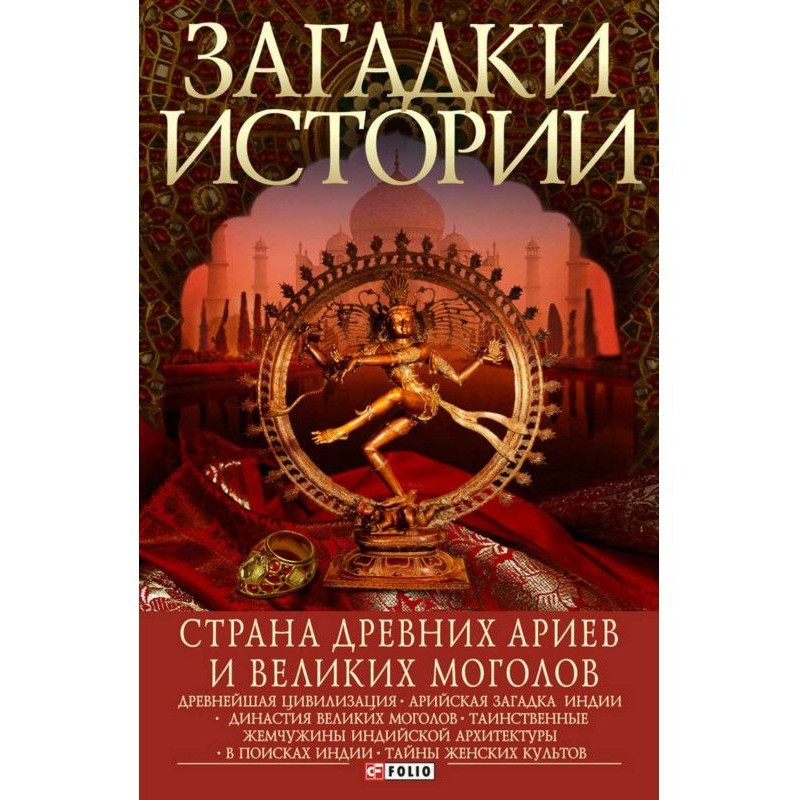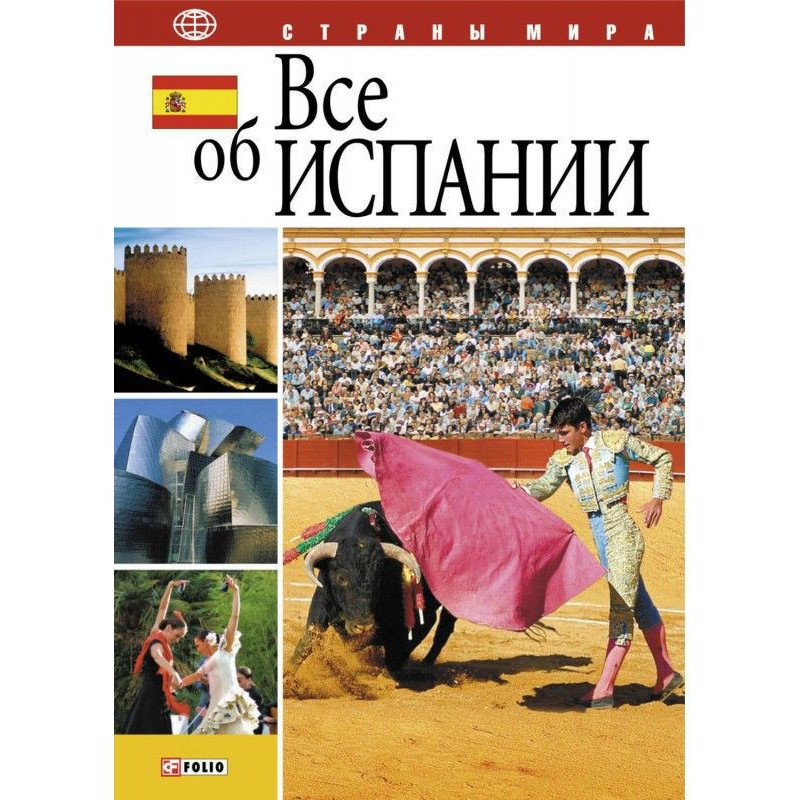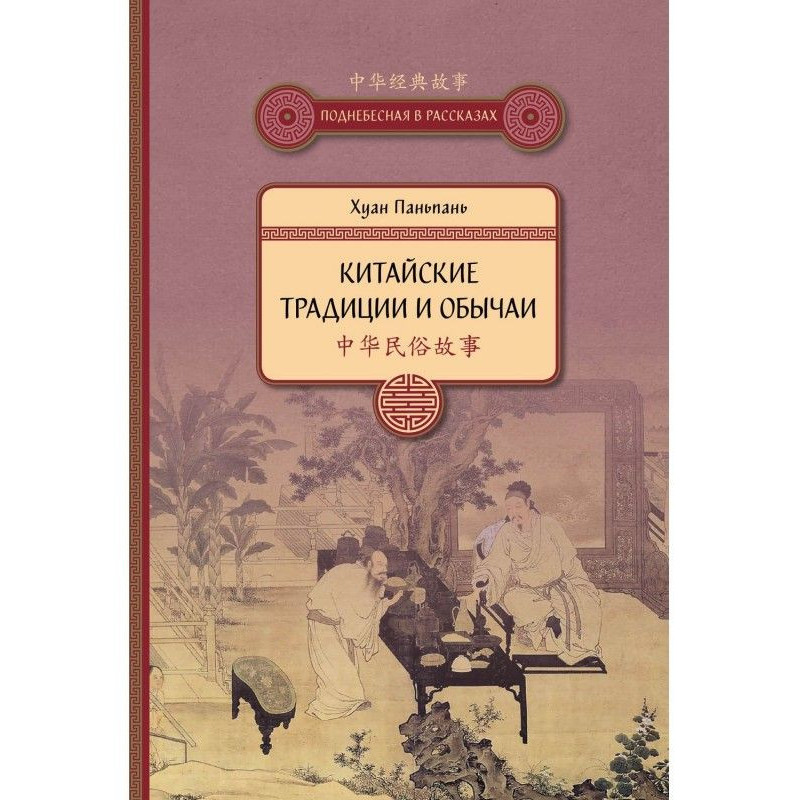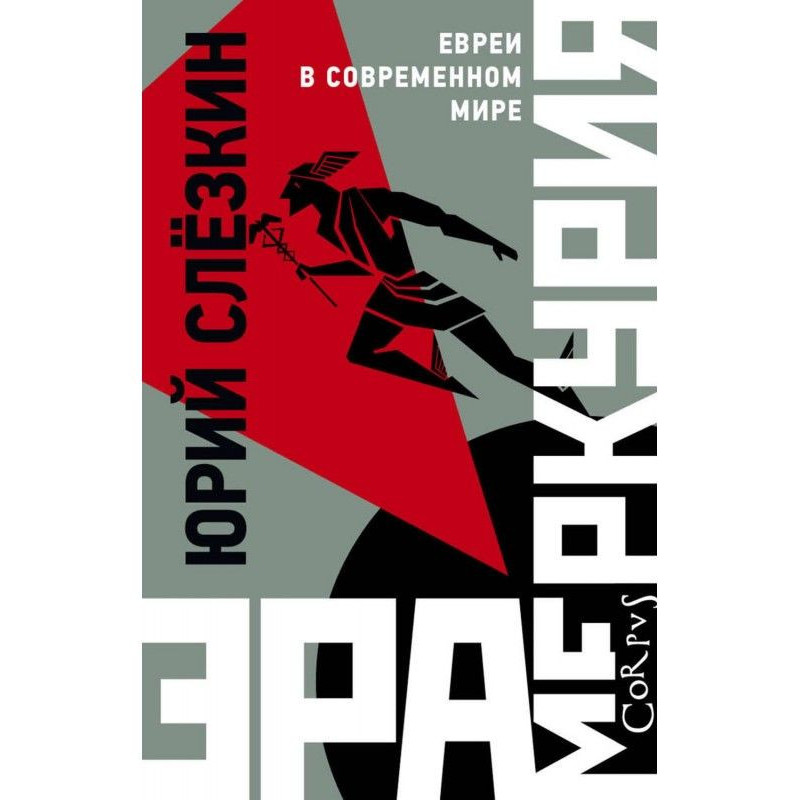Depicting, understanding, or Sententia sensa: philosophy in a literary text
 Instant download
Instant download
after payment (24/7)
 Wide range of formats
Wide range of formats
(for all gadgets)
 Full book
Full book
(including for Apple and Android)
In his work, Vladimir Kantor, Doctor of Philosophy, head of the International Laboratory for Research on Russian-European Intellectual Dialogue at the National Research University Higher School of Economics (NRU-HSE) and full professor at the School of Philosophy of the same university, chooses the topic of his research on the interface of literature with philosophy. In the author's opinion, there was not a single great literary work that was not in the intense field of philosophical ideas. Outside this context, the present literature is incomprehensible. Already Plato's dialogues were both philosophy and wonderful literature. According to Dostoevsky, “a thought must be felt.” But for this, there must be a thought in the work, there must be a philosophical context. Thus, Shakespeare's Hamlet is incomprehensible without reference to the texts of Erasmus of Rotterdam, Pico della Mirandola, Martin Luther, echoes of whose ideas are heard in the speeches of the prince. As Heidegger said, in the poetic sayings of ancient Greek philosophers the Western world, its culture, is born, for philosophy and poetry stand at different peaks, but say the same thing... The task of the researcher is to be able to see this, and to communicate what he saw to the reader, which can be done in the only way - give an analysis of the philosophical meanings in the great works of world literature. The book examines texts by Shakespeare, Hoffmann, Balzac, Dostoevsky, Kafka, Vl. Solovyov, V. Bryusov, E. Zamyatin, A. Koestler, I. Ehrenburg, V. Kormer and other masters of literature in the philosophical context of their time. The publishing layout of the book is saved in PDF A4 format.
Data sheet
- Name of the Author
- Владимир Кантор Карлович
- Language
- Russian
Reviews
Вражаюче поєднання філософії та літератури
Книга Володимира Кантора "Зображуючи, розуміти або Sententia sensa: філософія в літературному тексті" є надзвичайно цінним внеском у дослідження взаємозв'язку між літературою та філософією. Автор, як досвідчений філософ і викладач, майстерно аналізує великих літературних класиків, демонструючи, як філософські ідеї пронизують їхні твори. Кантор вміло показує, що без глибокого розуміння філософського контексту, література втрачає свою суть і значення. Його аргументи, спираючись на приклади з творів Шекспіра, Достоєвського та інших, відкривають нові горизонти для читачів, які прагнуть зрозуміти не лише зміст, але й глибокі смисли, закладені в літературних текстах. Ця книга стане незамінним посібником для студентів, викладачів, а також усіх, хто цікавиться філософією та літературою. Вона спонукає до роздумів і запрошує до глибшого занурення у світ ідей, які формували нашу культуру. Рекомендую всім, хто прагне розширити свої горизонти та зрозуміти, як філософія і література взаємодіють у нашому житті.

